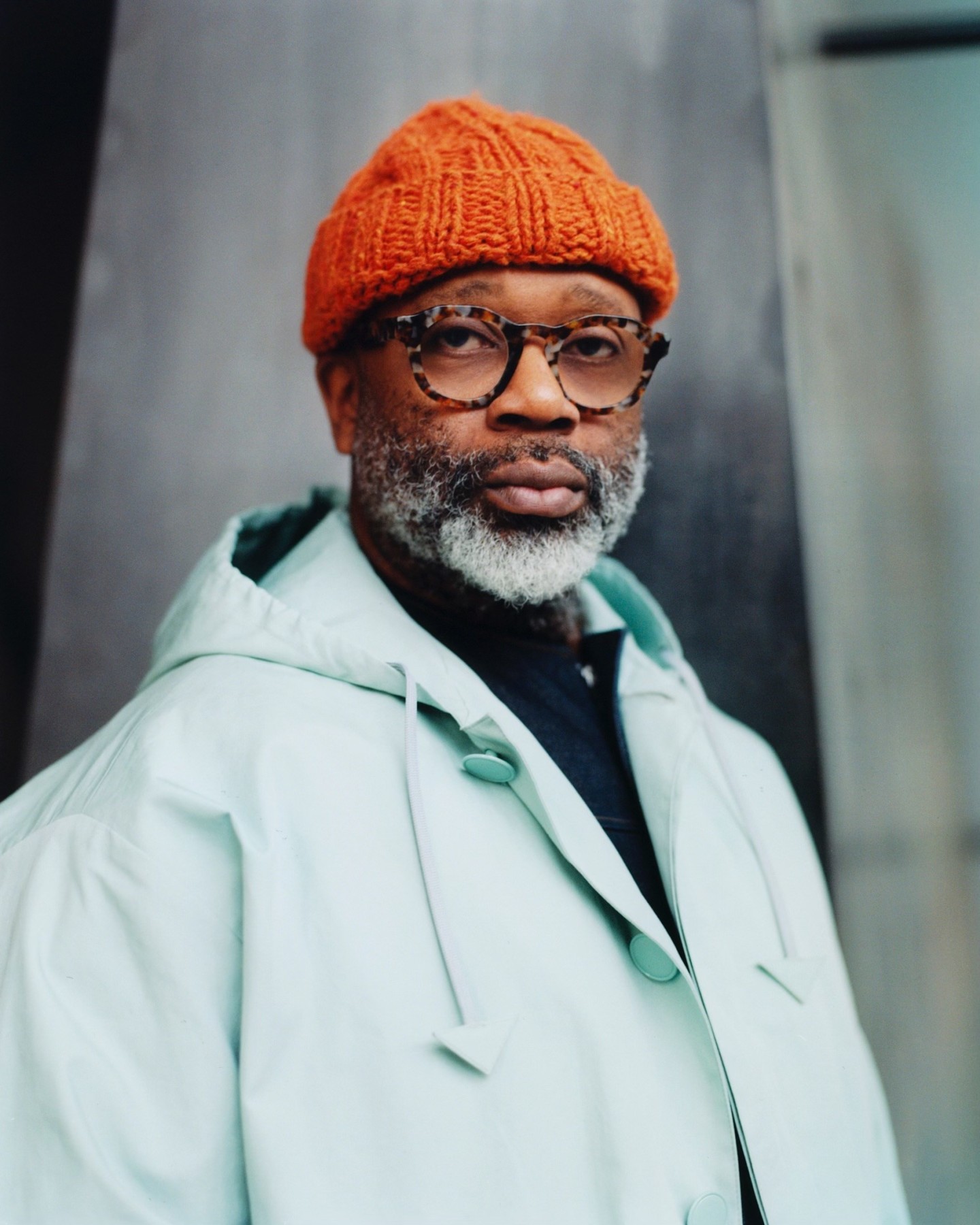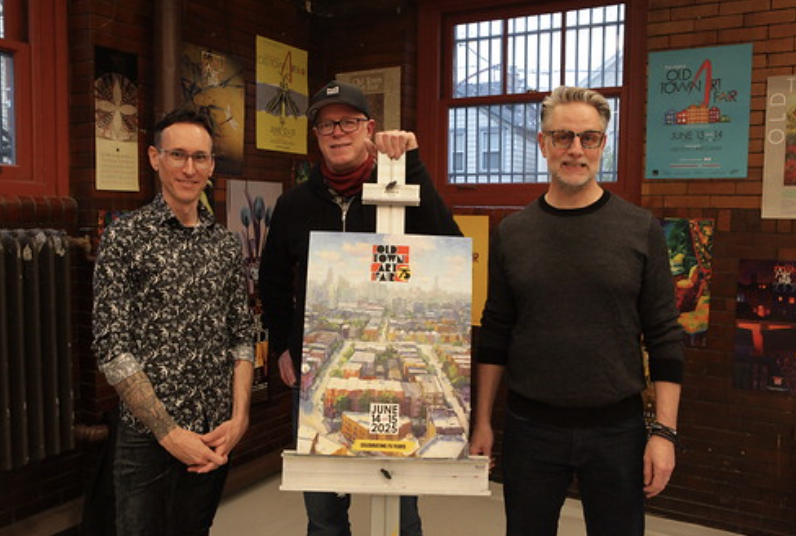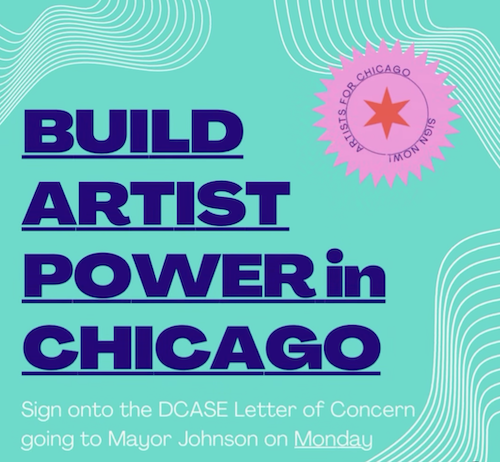CGN Art World Recap: 2/1/23

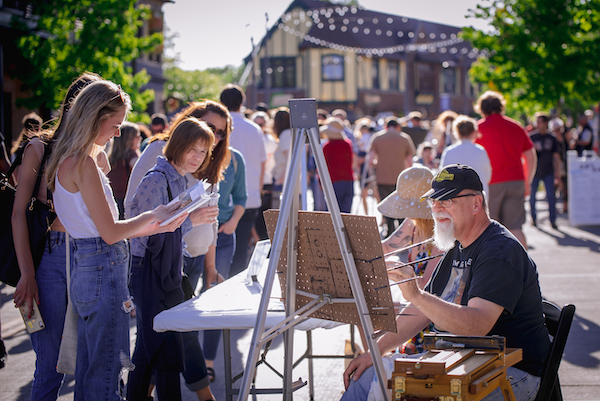
Call for Artists: ART 64 in Wauwatosa, WI
ART 64 is a two-day bracket-style tournament taking place in The Village of Wauwatosa just outside of Milwaukee. In four rounds, 64 artists from across the country get matched up in a head-to-head competition and given 60 minutes to create a work of art on a predetermined theme on canvas. Members of the public, both in-person and virtually, are invited to watch the paintings come to life and vote for their favorite artists to advance online.
All participants receive money for participating, but the sole winner of ART 64 receives $20,000 in total.
The city has committed $5 million to design reinforcements to Promontory Point that preserve “its historic nature” and iconic limestone steps, officials announced this week.
The city, the U.S. Army Corps of Engineers and the Chicago Park District will seek design proposals for Promontory Point later this year.
The agencies will use $5 million in city capital bonds for the planning and design phases of Promontory Point reinforcements, officials announced Monday. They’ll aim to reduce erosion and storm damage “while preserving the historic nature of the existing structure” through the project.
Via Block Club
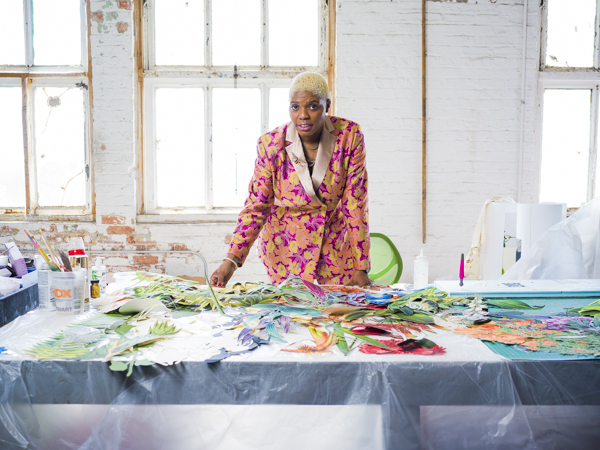
Ebony G. Patterson Receives David C. Driskell Prize from High Museum of Art
Monique Meloche Gallery celebrates the The High Museum of Art's announcement awarding Ebony G. Patterson the 2023 David C. Driskell Prize in recognition of her contributions to the field of African American art. Awarded annually by the Museum since 2005, the prize demonstrates the High’s ongoing dedication to furthering artistic innovation and promoting research of African American artists and scholars.
Based in Kingston, Jamaica, and Chicago, Patterson is known for her multilayered works in a variety of media that contrast beautiful, lush imagery, color and texture with darker underlying themes addressing societal and political injustices. Her complex compositions, which at first may appear celebratory, draw the viewer in to discover deeper truths relating to race-based class issues, social division and political violence. These interrogations explore the legacies inherent in postcolonial spaces, often memorializing and honoring the lives of those who have been deemed socially invisible or “unvisible.”
Read CGN's 2020 interview with Patterson here
Editor's Picks
Related:
